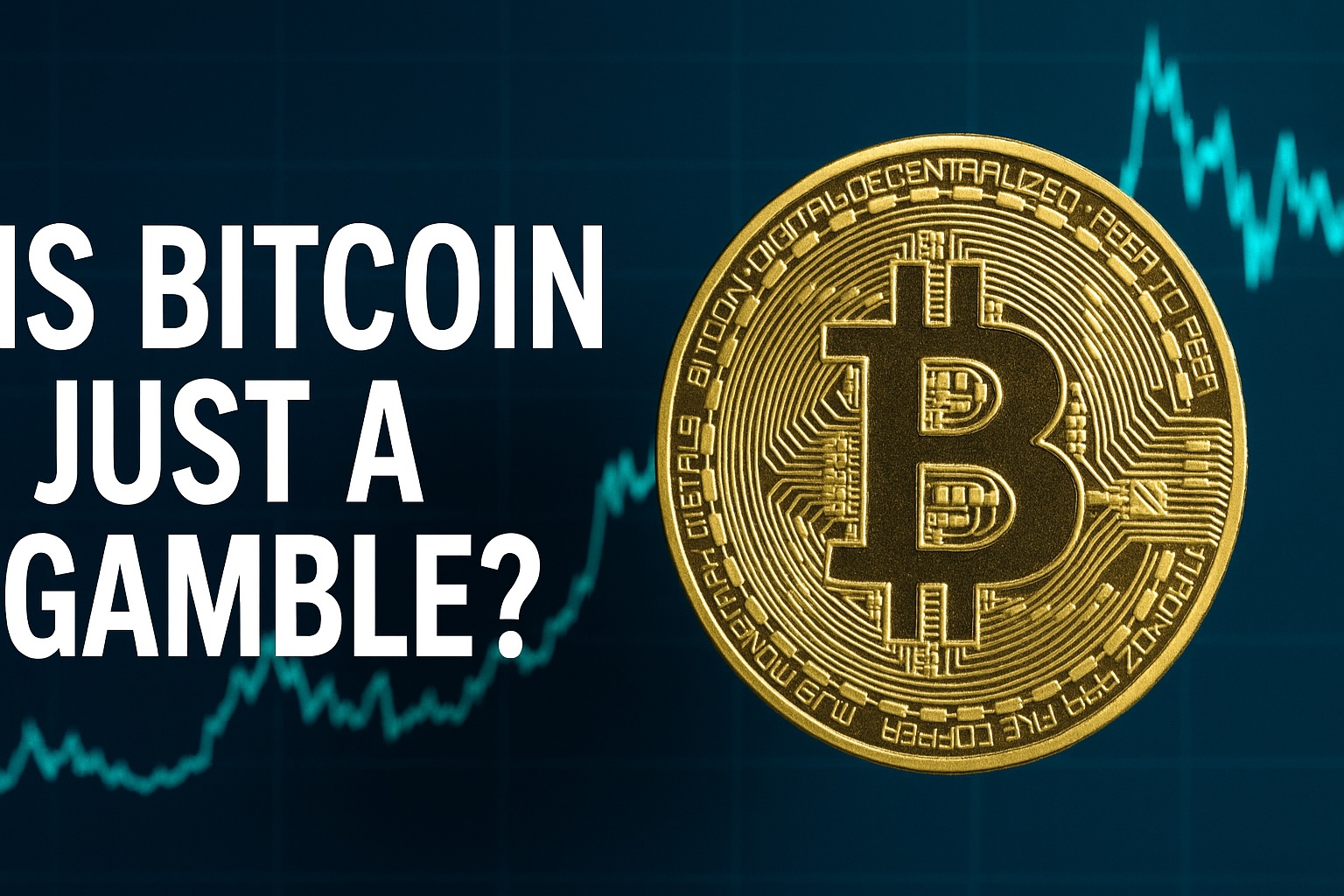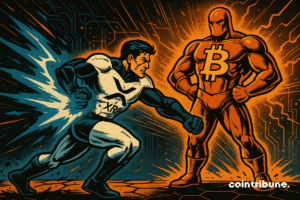Is Cryptocurrency a Gamble or Freedom? Users Weigh In on the Debate

The Future of bitcoin: Autonomy, Transparency, and Trust in a Digital Age
Is bitcoin a Passing Trend or a Financial Revolution?
bitcoin has sparked a heated debate among experts and enthusiasts alike, with some labeling it a speculative bubble while others see it as a groundbreaking financial technology. The question remains: will bitcoin fade into obscurity, or will it become a cornerstone of the digital economy?
- Is bitcoin a Passing Trend or a Financial Revolution?
- Understanding the Skepticism Surrounding bitcoin
- Price Volatility
- Absence of Intrinsic Value
- Regulatory Uncertainty
- Scalability Issues
- Environmental Concerns
- Security and Custodial Risks
- Arguments for bitcoin‘s Longevity
- Growing Institutional Interest
- Inflation Hedge
- Resistance to Censorship
- Enhanced Transparency
- Technological Advancements
- The “Digital Gold” Concept
- Conclusion: Weighing Risks Against Rewards
Understanding the Skepticism Surrounding bitcoin
Critics often highlight several key concerns regarding bitcoin‘s viability as a financial asset.
Price Volatility
bitcoin is infamous for its dramatic price fluctuations. For example, in 2021, its value soared to nearly $65,000 before crashing to below $30,000 within a few months.
Absence of Intrinsic Value
Unlike traditional assets that are backed by tangible goods or equity, bitcoin lacks any inherent value. It does not generate dividends or provide ownership rights to physical assets.
Regulatory Uncertainty
The global regulatory landscape for bitcoin is inconsistent, with various governments adopting differing stances. This creates a climate of uncertainty, marked by potential bans and complex tax implications.
Scalability Issues
The bitcoin blockchain has limitations in processing transactions, which can hinder its widespread adoption. While solutions like the Lightning Network are being developed, achieving broader acceptance remains a challenge.
Environmental Concerns
The energy consumption associated with bitcoin mining raises significant sustainability issues, attracting criticism from environmental advocates and regulatory bodies.
Security and Custodial Risks
While bitcoin can be securely stored, users face risks if they lose access to their private keys or fall victim to scams, often without any legal recourse.
Arguments for bitcoin‘s Longevity
Despite the challenges, many advocates believe bitcoin has the potential to endure and transform the financial landscape.
Growing Institutional Interest
Major financial institutions, including BlackRock and Fidelity, have begun to engage with bitcoin, either by offering bitcoin ETFs or holding it as an asset, indicating a growing confidence in its future.
Inflation Hedge
In countries experiencing severe inflation or currency devaluation, bitcoin serves as an alternative store of value, appealing to those wary of central bank policies.
Resistance to Censorship
bitcoin allows for direct peer-to-peer transactions without intermediaries, making it particularly valuable in authoritarian regimes or areas with limited financial access.
Enhanced Transparency
Transactions on the bitcoin blockchain are publicly accessible, providing a level of transparency and accountability that is unprecedented in traditional financial systems.
Technological Advancements
Beyond its speculative nature, bitcoin‘s underlying blockchain technology has catalyzed innovations across various sectors, including finance, supply chain management, and digital identity verification.
The “Digital Gold” Concept
Many investors liken bitcoin to “digital gold,” not due to its physical characteristics but because it shares several monetary attributes:
- Limited and finite supply
- Durability and portability
- Divisibility and verifiability
- Independence from governmental control
This analogy has attracted investors looking to diversify their portfolios and mitigate systemic risks.
Conclusion: Weighing Risks Against Rewards
Investing in bitcoin is not without its risks, and its future remains uncertain, influenced by technological advancements, regulatory developments, and market dynamics. Nevertheless, it continues to draw interest from users, developers, and investors globally.
While some may dismiss bitcoin as a fleeting gamble, for millions, it already serves as a viable store of wealth, a medium of exchange, or a symbol of financial independence. As discussions around its role in the economy evolve, one thing is evident: bitcoin has fundamentally altered our perceptions of money, trust, and the future of finance, and it is likely here to stay.







